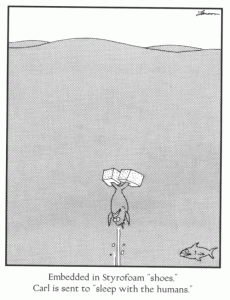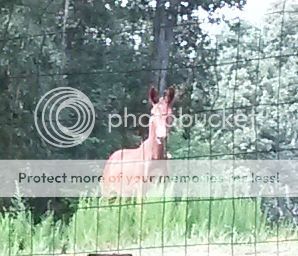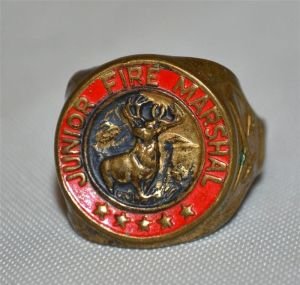Nancy, how do the goats interact with the deer?
Jim, that is a good question, and you have literally "opened a can of worms"...

I've never seen them mingle, and I've never seen a deer at the barn, but the deer would be long gone by the time you got near the goats or the barn. When deer are in the woods nearby, the goats will stand and watch them, but don't act particularly frightened, or vice versa. I suspect they mingle at times.
.
.
.
Now for the worms... (I could talk for hours on this, and probably already have here.

)
The problem with deer, if you have goats, is that deer carry a parasite that is devastating to goats---meningeal worm. The infection process is amazing, to me.
Deer leave droppings on the ground. Snails and slugs feed on the droppings and pick up the eggs of these worms. Goats eat leaves, acorns, grass, with slugs on them. This may sound like a 1 in a million chance of happening, but slugs are everywhere and we had one case when we first got our goats. Most goat owners in warm humid climates have.
Because goats are not their natural host, these worms seem to get confused and start randomly burrowing through the bodies of the goats, rather than stay in the intestines, like they would with deer. Eventually they will reach nerve tissue. Usually they hit the spine first and cause paralysis of the rear legs of the goats. Eventually they make their way to the brain.
If you're lucky the worms will burrow to the surface (skin) of the goat first, and cause extreme itching in small patches, which the goats will rub raw. That's how we detected it early in our case. Treatment is difficult and requires
massive doses of wormer for several days.
Since the worms do not stay in the intestines of the goats, there is no way to detect them in fecal samples. You just have to use preventative wormings periodically if you have whitetail deer on your property. I just wormed ours preventatively yesterday because of this very thing.
More than you wanted to know, I'm sure.
 REFERENCE
REFERENCE






















